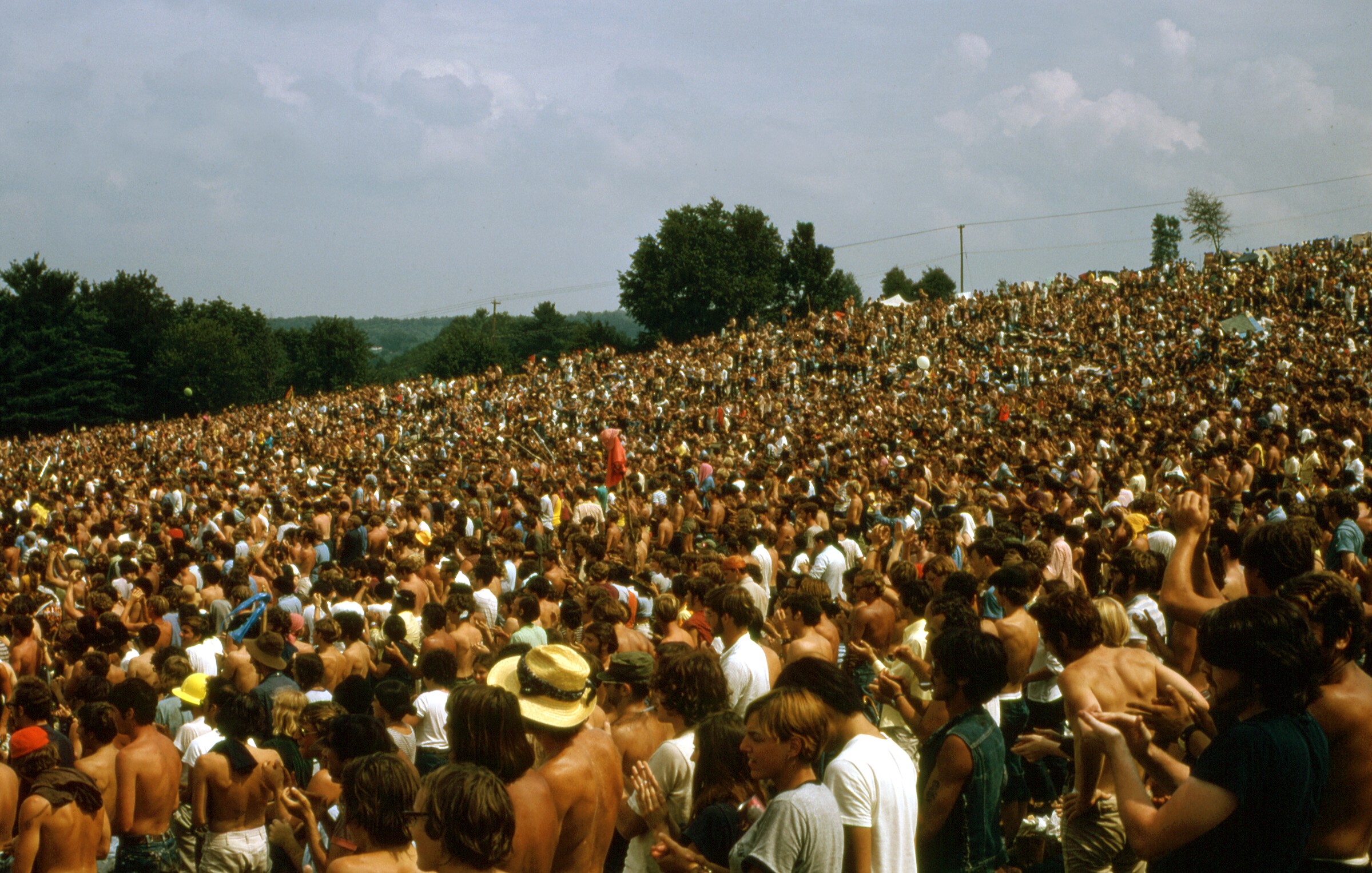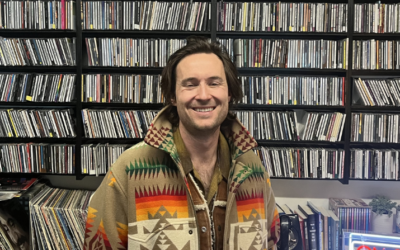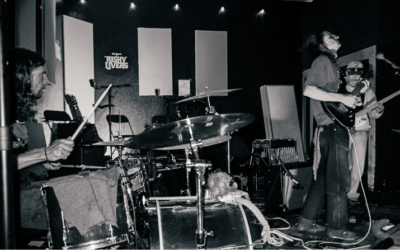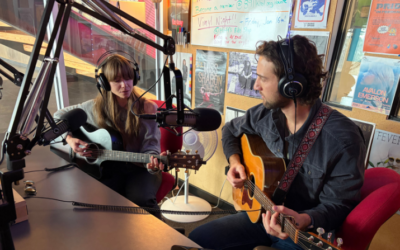This month marks the 50th anniversary of Woodstock. It was 1969 when that momentous music and art festival took over a 600-acre dairy farm in Bethel, New York. The organizers expected no more than 200,000 people to show up. Instead nearly half a million people attended Woodstock. That represents almost the entire population of Wyoming.
Much like today, it was a time of immense uncertainty, angst and progress, but for different reasons.
The Vietnam War was in its 14th year and Richard Nixon, who ran on a platform pledging to bring home American troops, was recently elected president.
In New York City, a confrontation between LGBTQ activists and police outside the Stonewall Inn became known as the Stonewall Riots, a galvanizing chapter of the gay rights movement.
Less than a month later, Apollo 11 launched into space and Neil Armstrong became the first man to walk on the moon.
A few days after, the revered boxer Muhammed Ali was convicted of evading the draft. He had applied for an exemption as a conscientious objector to no avail. He was stripped of his title and fighting license. (The Supreme Court overturned his conviction two years later.)
On an even grimmer note than “The Greatest” losing his title, in Los Angeles, Charles Manson and a group of his disciples terrorized and murdered the pregnant actress Sharon Tate along with seven other people. They were later convicted of murder.
And less than a week later, thousands of young people converged just outside the town of Woodstock in upstate New York. The peaceful festival “could have flipped at any time,” Jackson local Laurel Wicks, a.k.a. Bru, said. “But it didn’t.”
At 21, she went to Woodstock and left the festival a different person. The founder of The Bunnery, private chef, author and Jackson Hole News&Guide culinary columnist recalled her experience for this episode of RE-Take.






